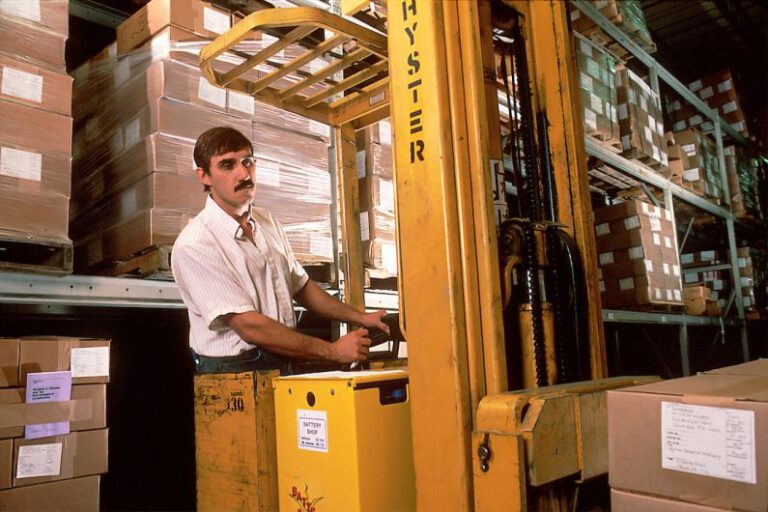Organizing Manuals and Warranties for Easy Access
In today’s world, we are surrounded by a multitude of electronic devices, appliances, and gadgets. Each of these items comes with its own instruction manual and warranty information. Keeping track of all these manuals and warranties can be quite a daunting task. However, with a little organization and planning, you can ensure that you have easy access to these important documents whenever you need them. In this article, we will explore some practical tips for organizing manuals and warranties.
Create a Dedicated Space
The first step in organizing your manuals and warranties is to create a dedicated space for them. This can be a drawer, a file cabinet, or a shelf in your home office. The important thing is to have a designated spot where you can store all these documents together. This will save you from frantically searching through various drawers and cabinets when you need to find a specific manual or warranty.
Sort and Categorize
Once you have a dedicated space, it’s time to sort and categorize your manuals and warranties. Start by gathering all the manuals and warranties you currently have and lay them out on a table. Then, begin sorting them into different categories based on the type of item they belong to. For example, you can have categories like electronics, appliances, and tools. This will make it easier for you to find a specific manual or warranty when you need it.
Use Clear Plastic Sleeves
To protect your manuals and warranties from wear and tear, consider using clear plastic sleeves. These sleeves will not only keep your documents safe from spills and stains but also make it easier for you to flip through them. You can find clear plastic sleeves at any office supply store, and they come in various sizes to accommodate different document sizes. Use a hole punch to make holes in the sleeves so that you can store them in a binder or a folder.
Label Everything
Labeling is an essential part of organizing your manuals and warranties. Use sticky labels or a label maker to clearly mark each category and subcategory. You can also label individual manuals and warranties with the name of the item they belong to. This will make it much easier for you to find what you need at a glance. Additionally, consider labeling the spine of your binders or folders so that you can easily identify them when they are on a shelf.
Create a Digital Archive
In today’s digital age, it is also helpful to create a digital archive of your manuals and warranties. Scan your documents and save them as PDF files on your computer or in the cloud. This way, you will always have a backup copy of your important documents, and you can easily access them from anywhere with an internet connection. Just make sure to keep your digital files organized in folders and subfolders for easy retrieval.
Regularly Update and Purge
Lastly, to maintain an organized system, it is important to regularly update and purge your manuals and warranties. Remove any outdated or expired warranties and manuals that you no longer need. Update your system whenever you purchase a new item or receive a new manual or warranty. By staying on top of your organization, you will save yourself time and frustration in the long run.
In conclusion, organizing manuals and warranties does not have to be a complicated task. With a dedicated space, proper sorting and categorization, the use of clear plastic sleeves, labeling, creating a digital archive, and regular updates, you can maintain an organized system that allows for easy access to these important documents. So, take some time to set up your system today and enjoy the benefits of having all your manuals and warranties organized and readily available when you need them.





